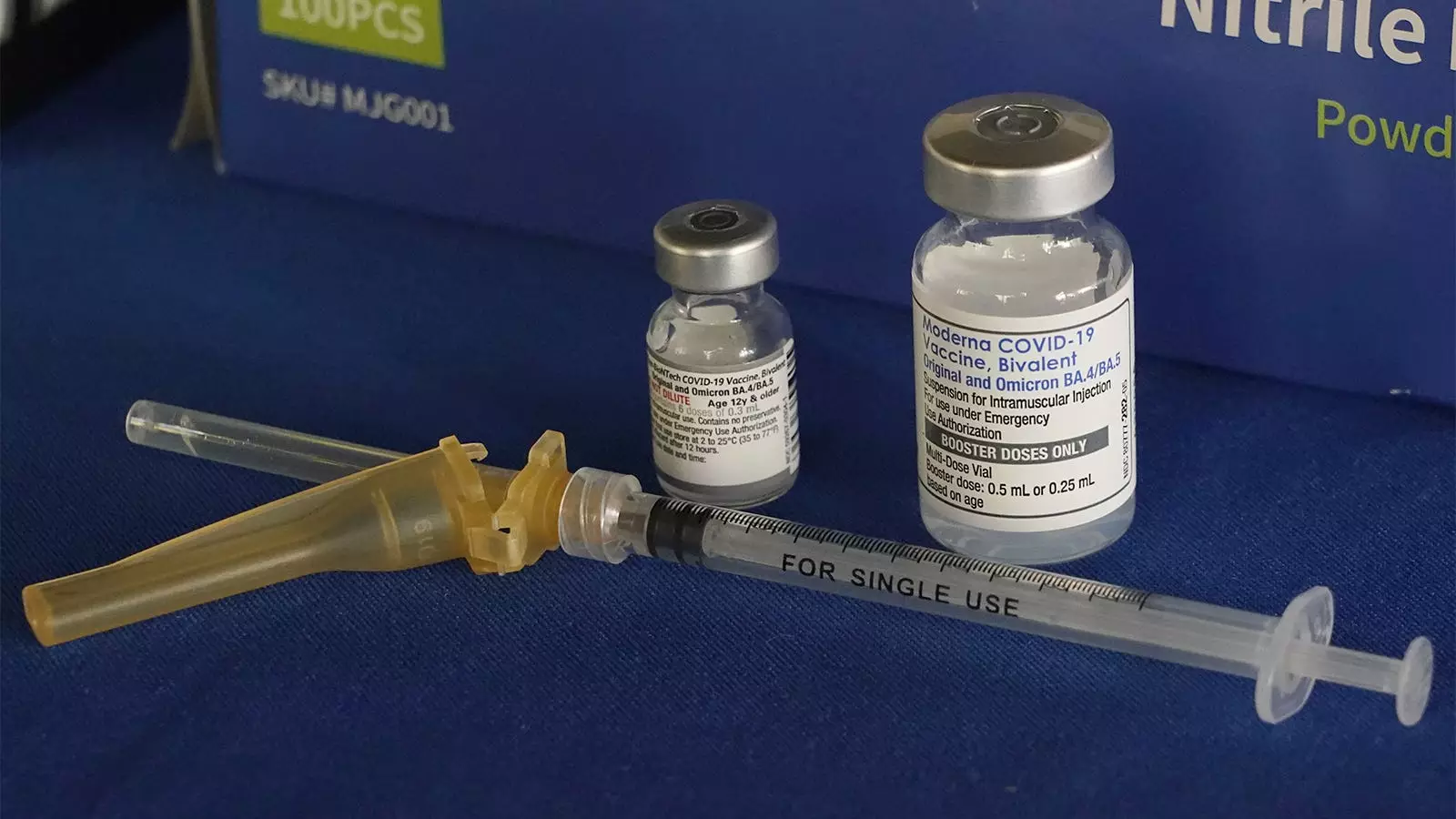The recent decision by the Southwest District Health (SDH) in Idaho to cease the provision of COVID-19 vaccinations to residents across six counties has sparked significant debate and concern. This unprecedented move positions SDH as a pioneering yet controversial example of public health governance—undoubtedly raising questions about the intersection of public health policy, community health needs, and resident autonomy.
The backdrop to this decision highlights a growing trend in public health sectors across the United States, wherein access to vaccines and public health recommendations have faced increasing scrutiny and divergence in approach. Unlike Texas, which has actively suppressed public health departments from promoting vaccinations, or Florida, where officials have publicly contested the scientific consensus regarding vaccine safety, the SDH’s decision marks an unprecedented step in the opposite direction. This suspension, resulting from a narrow 4-3 vote by the board, draws attention to a troubling precedent among public health institutions and reveals fissures within public health ideology.
The contextual decline in vaccine uptake in the six-county district further complicates this decision. With administration numbers plummeting from 1,601 doses in 2021 to a mere 64 in 2024, SDH’s decision reflects not only local vaccine hesitancy but also a broader, worrisome trend. States like Idaho have famously high childhood vaccination exemption rates, however, this decline in willingness to vaccinate individuals, particularly against a virus like COVID-19, signals a concerning collective mindset that prioritizes personal beliefs over community health.
Despite the vote, the insight from public health officials, particularly the medical director Dr. Perry Jansen, articulated a clear rationale for the necessity of continued vaccination efforts, framing them as a “thoughtful approach” rather than a blanket mandate. Dr. Jansen’s plea underscored the importance of informed decision-making regarding the vaccines while emphasizing the beneficial role they can play, especially for vulnerable populations that often rely on public health services as their primary source of healthcare.
However, the response from the board was deeply revealing of the underlying tensions within public health advocacy. Concerns were raised about the role of personal autonomy in health decisions—an idea amplified by over 290 public comments at the board meeting opposing this decision—from those who argue that continued access to the vaccine is imperative, particularly for marginalized communities and the homeless.
Misinformation surrounding COVID-19 vaccines continues to plague the public discourse, as evidenced by the narratives presented at the board meeting. The presence of notable figures, such as Dr. Peter McCullough—who propounds alternative treatments and undermines vaccine efficacy—highlights the complex landscape of public opinion. This layer of skepticism reflects a broader erosion of trust in established healthcare institutions and a profound challenge for advocates of public health.
Board chairman Kelly Aberasturi’s expressed disappointment in the decision signals a conflict: while there exists a desire to uphold personal freedom, there must also be a holistic understanding of community health needs—especially during a public health crisis. His own background, having experienced homelessness, adds another dimension; it amplifies the argument that those who have not faced such vulnerabilities may be less equipped to understand the real consequences of limiting access to vital health services.
Idaho state health officials have maintained their support for the COVID-19 vaccine, with public health messaging that encourages residents to reconsider vaccination. Aberasturi’s intent to revisit the board’s mandate at a future meeting reflects a possible path toward balancing the need for autonomy with an imperative to protect public health—especially for the elderly and those in long-term care facilities who may otherwise have no access to vaccines.
The challenge remains stark: how does a public health department navigate the complexities of personal belief systems and community well-being? The suspension of vaccine offerings brings to light the urgent need for public health advocates to evolve strategies that can counter misinformation while reinforcing the importance of vaccinations.
In the end, the fallout from the SDH’s decision serves as a sober reminder that public health is not simply about individual choice or regulatory mandates; rather, it encompasses a collective responsibility to protect and promote community health. As more communities across the country wrestle with similar dilemmas, the need for dialogue, engagement, and education may never have been more critical. The path forward requires a commitment to fostering trust and collaboration among healthcare providers, policymakers, and the communities they serve, ensuring that health priorities align with the principles of equity and access for all individuals.


Leave a Reply